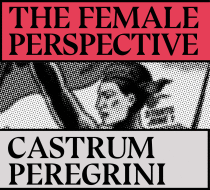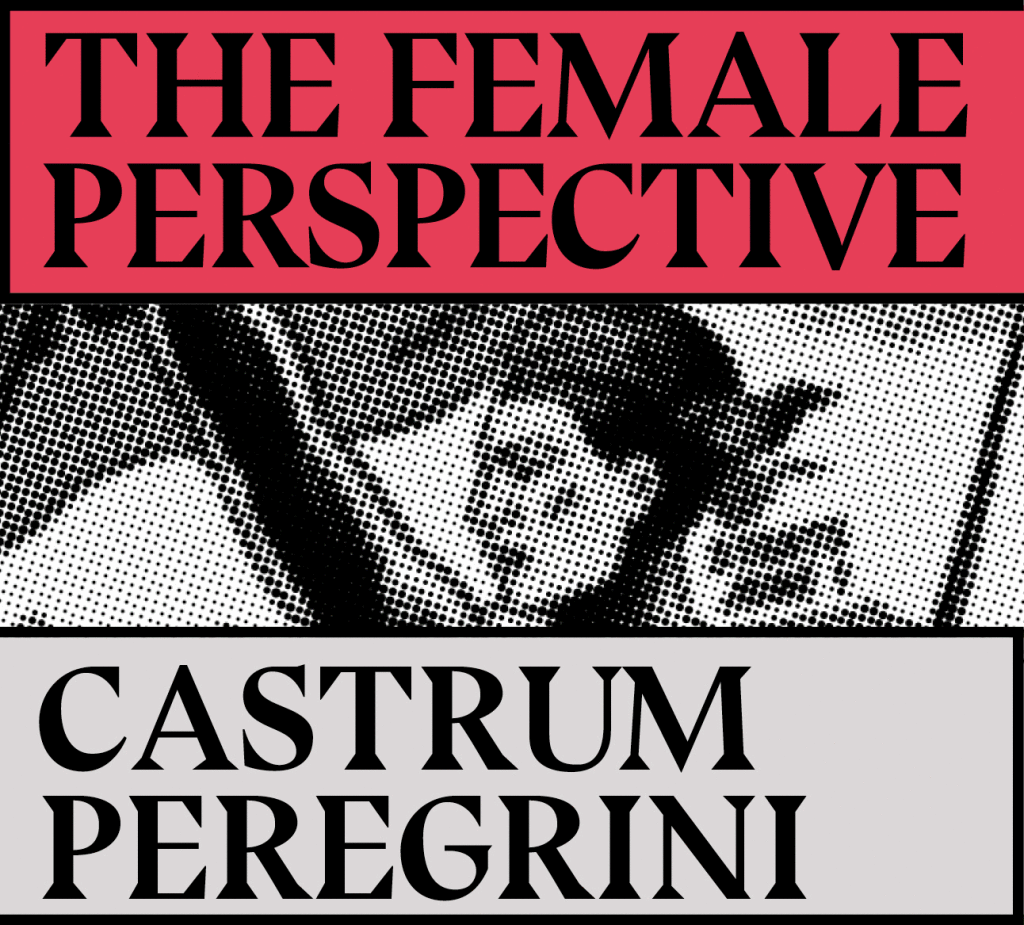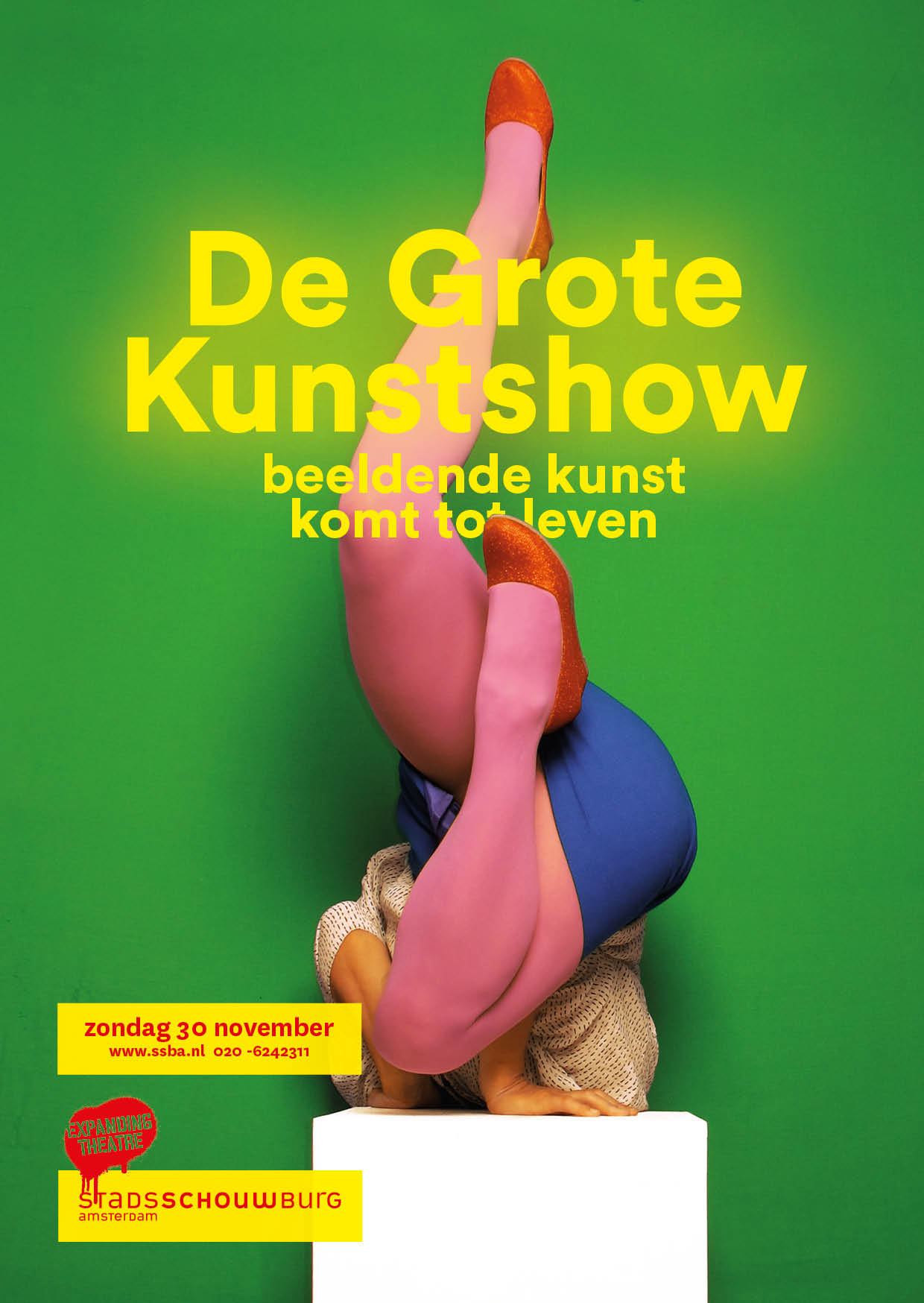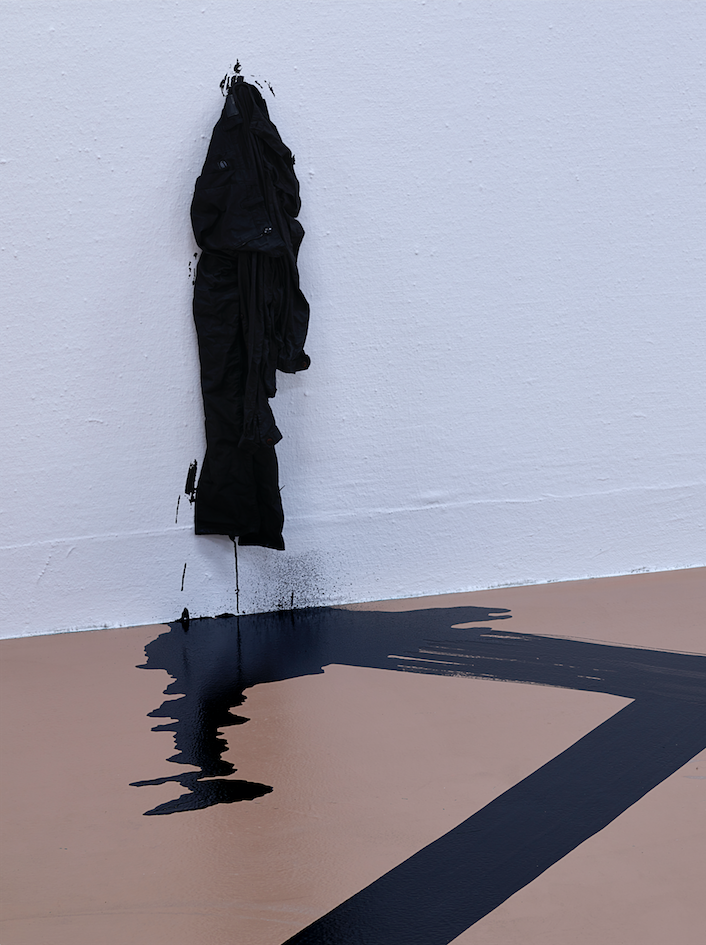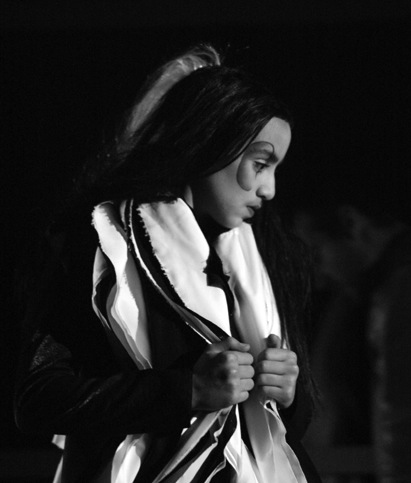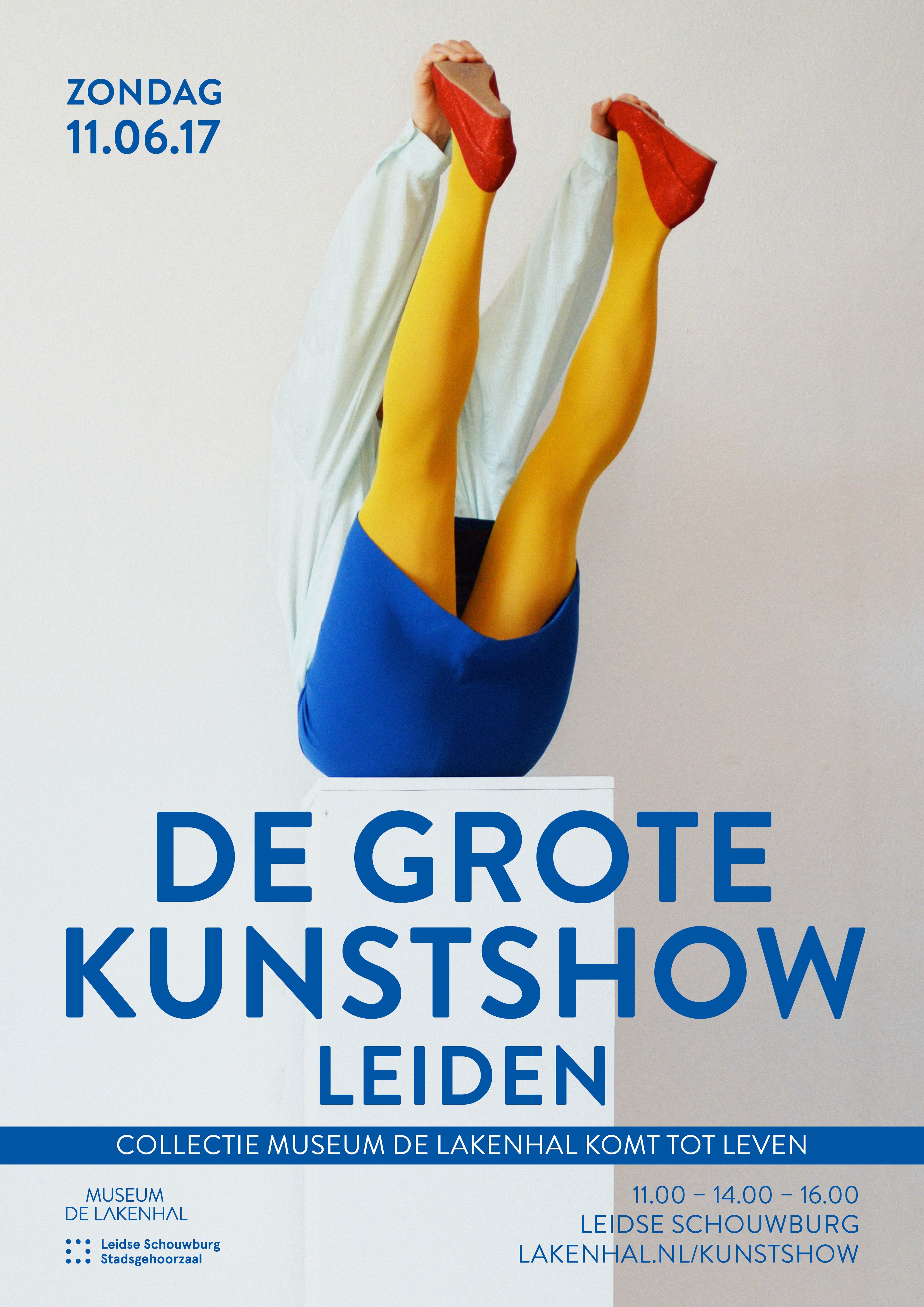I’m pleased to announce that from March 2017 I’m curating a new programme at Castrum Peregrini, titled The Female Perspective. This programme focuses on questions of female identity, sexuality, feminism and gender, both in relation to the historical context of Castrum Peregrini and to current events. The programme consists of a series of exhibitions, artist talks, debates and a publication.
Castrum Peregrini, ‘the fortress of the pilgrim’, is the nom de guerre of a WWII safehouse in the city centre of Amsterdam. Driven by her beliefs of art and friendship Gisèle van Waterschoot van der Gracht (1912 – 2013) helped young intellectuals and artists survive the war by offering them refuge in her house.
The starting point for the new annual programme is Gisèle, who was not only a resistance heroine, but also a patron of the arts, a painter, glazier and carpet designer, a cosmopolitan person, and a woman. The life of Gisèle proves time and again to be a source of inspiration for artists, writers and intellectuals. Nevertheless, her female sex and more generally the female identity and sexuality have not been a theme in Castrum Peregrini’s programme before. To complement the existing programme of Castrum Peregrini, I have devised a series of activities which will examine exactly this issue. The Female Perspective zooms in on the ‘womanhood’ of Gisèle and the social and cultural meanings of female identity, sexuality, feminism and gender, both in relation to the historical context and to some topical issues.
- What was (and what is) the significance of women in resistance movements?
- What position did Gisèle have as a woman in the midst of a group of male friends?
- What can we learn from the feminist theory when thinking about cultural diversity and inclusiveness?
- How does our Western mindset influence the way we look at femininity, sexuality and gender?
- What can our body know from the past? How can the (women’s) body be employed as a political body?
The existing frameworks of identity and sexuality will be questioned by artists, designers, cultural theorists, curators and critics such as Mieke Bal, Alexis Blake, Katerina Gregos, Roosje Klap, Pieter Paul Pothoven, and many others. These artists and scholars will demonstrate that our (sexual) identity is not fixed, but a frail and fluid construction. In keeping with the mission of Castrum Peregrini, The Female Perspective calls for an inclusive society that embraces diversity and equality.
